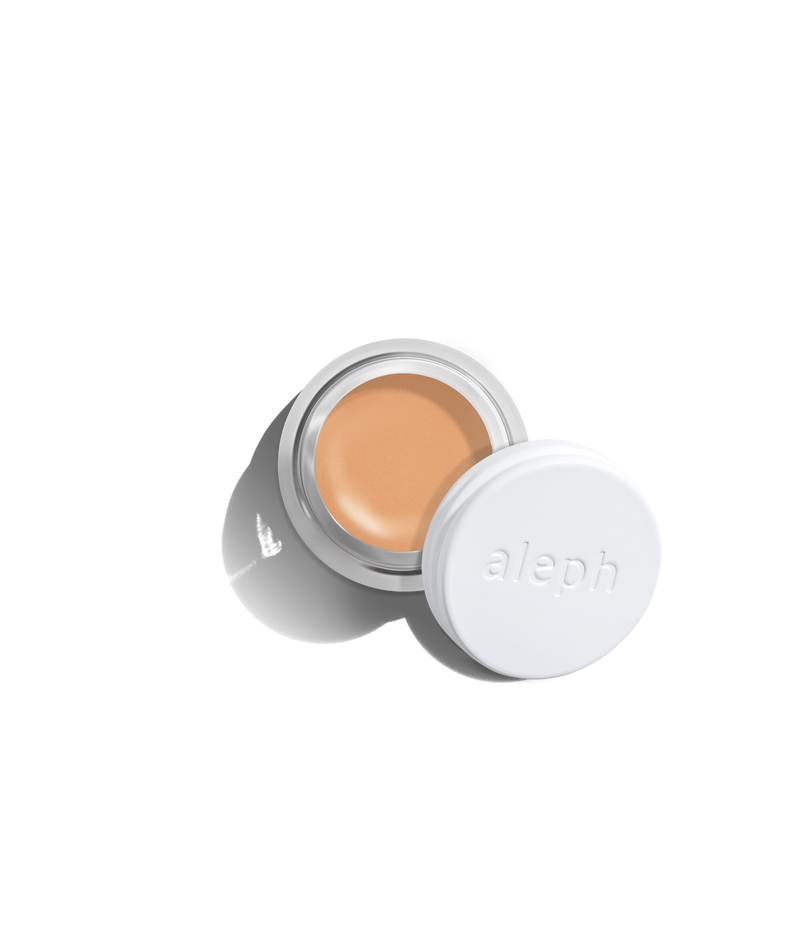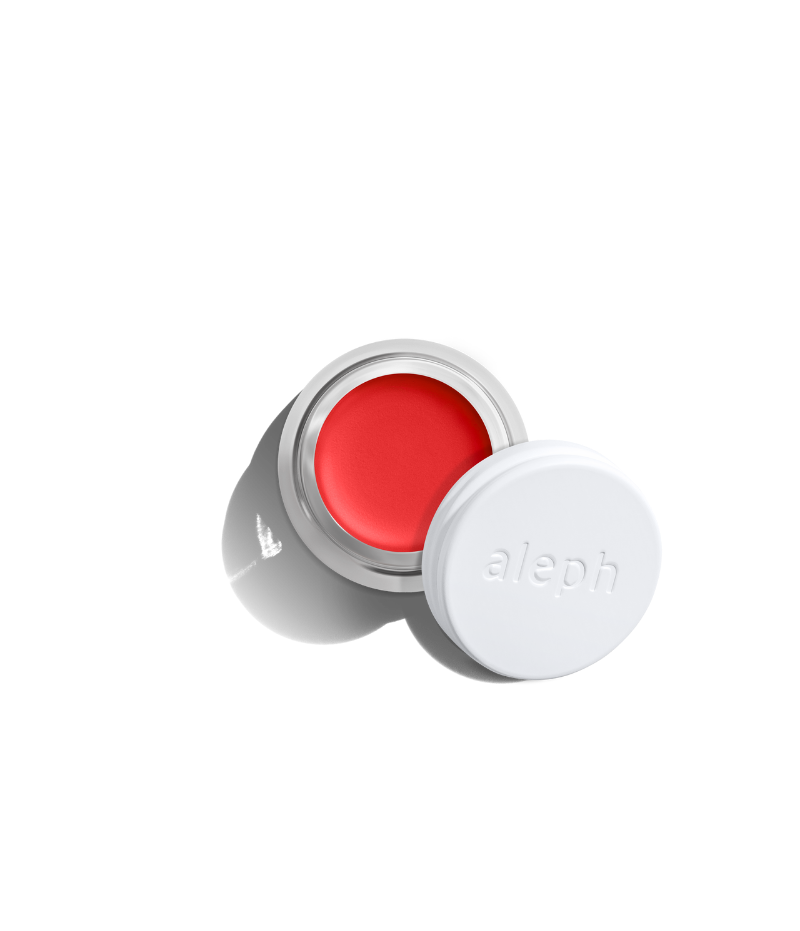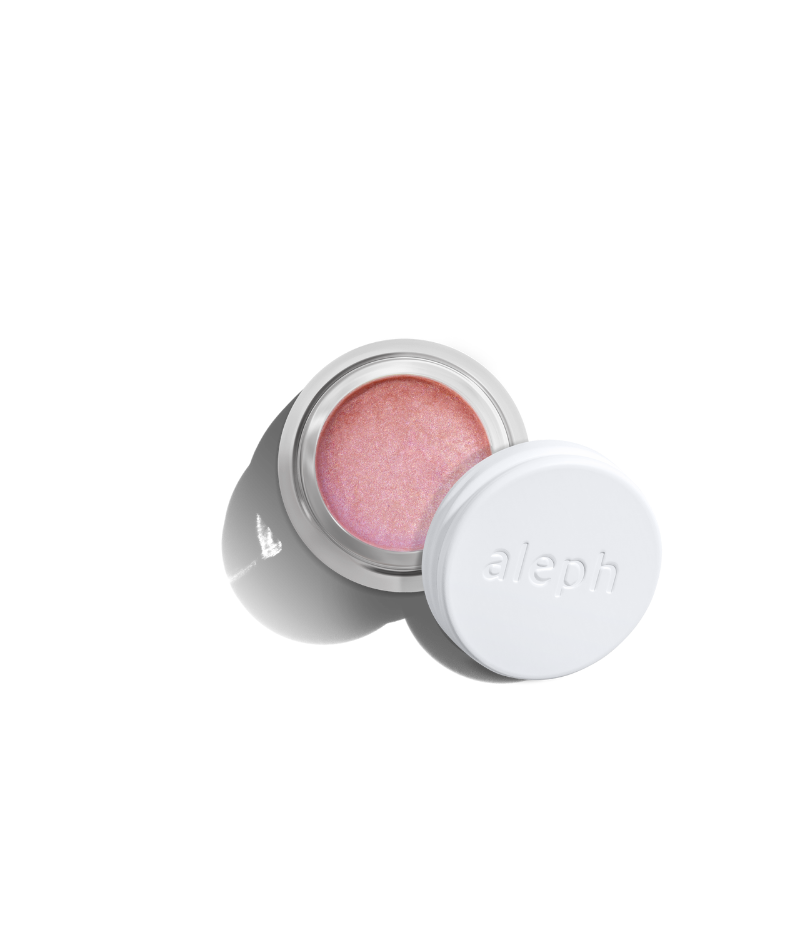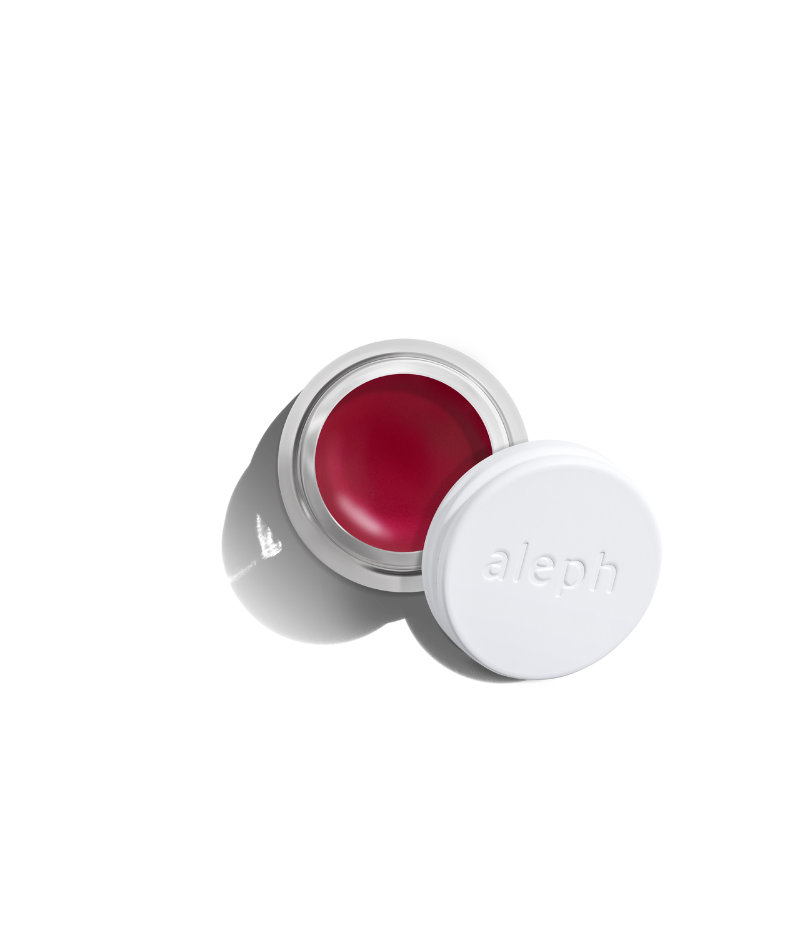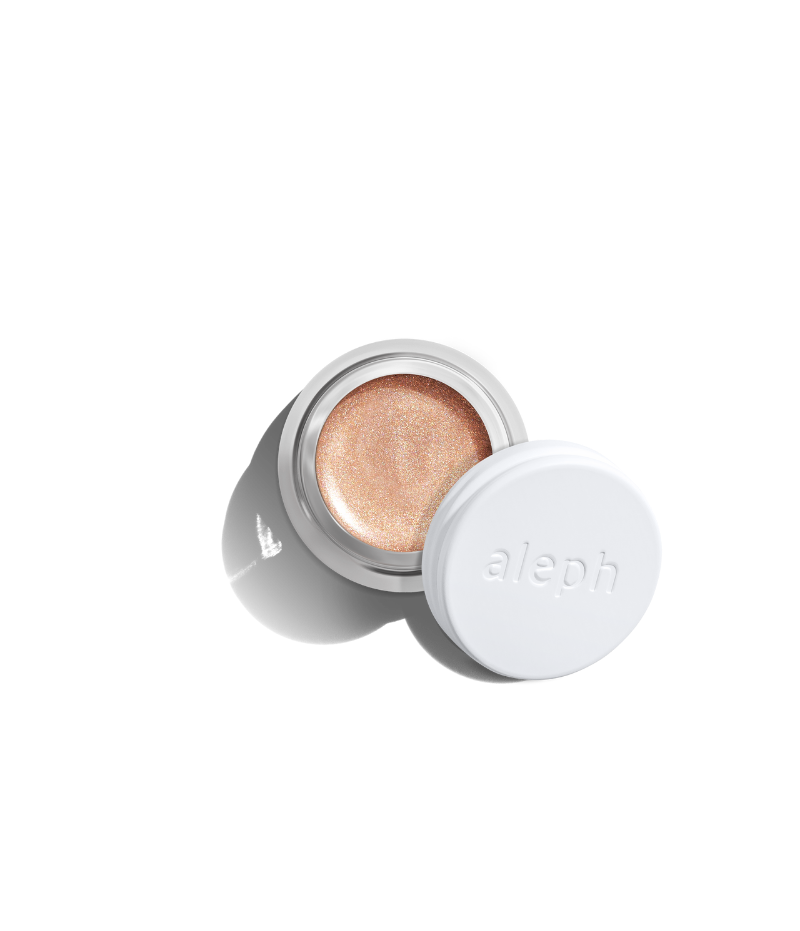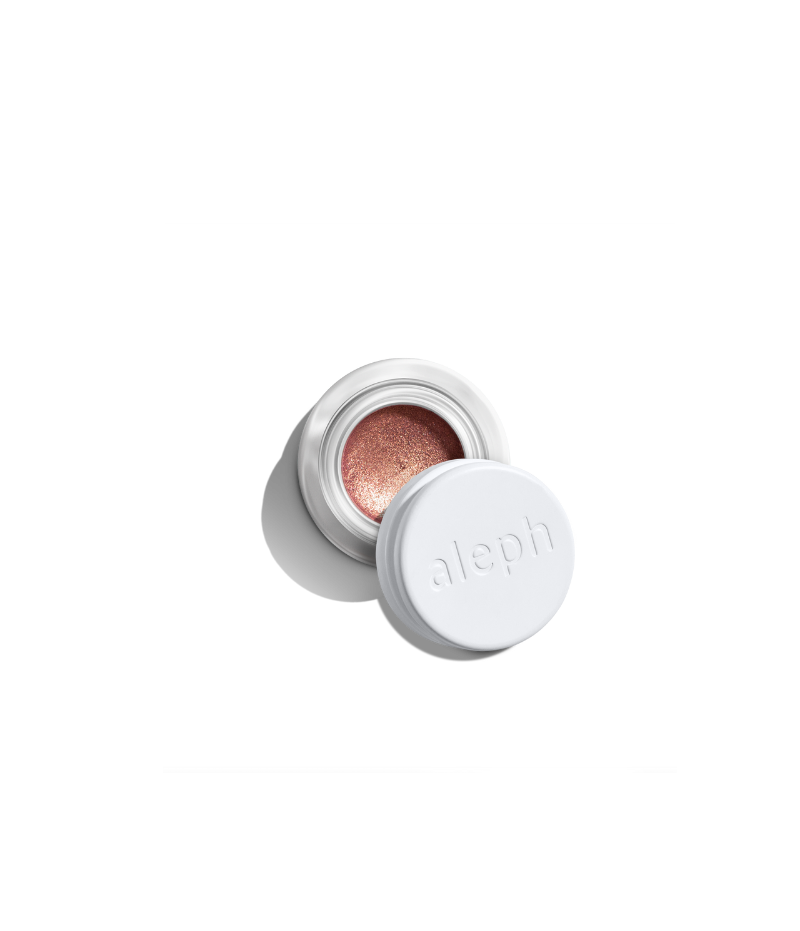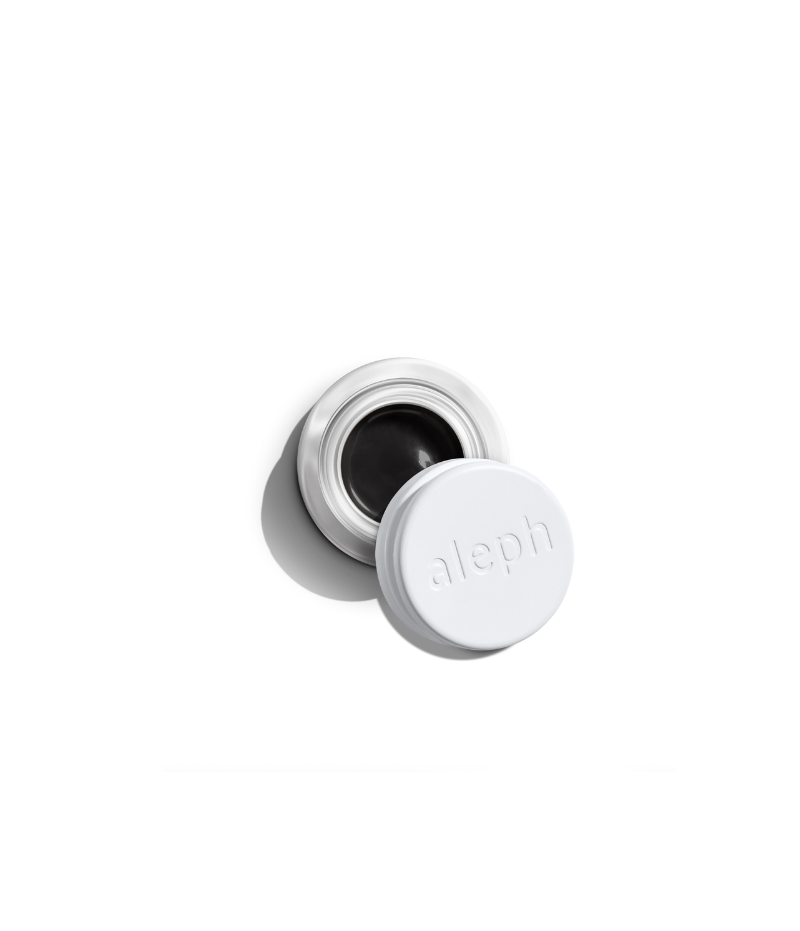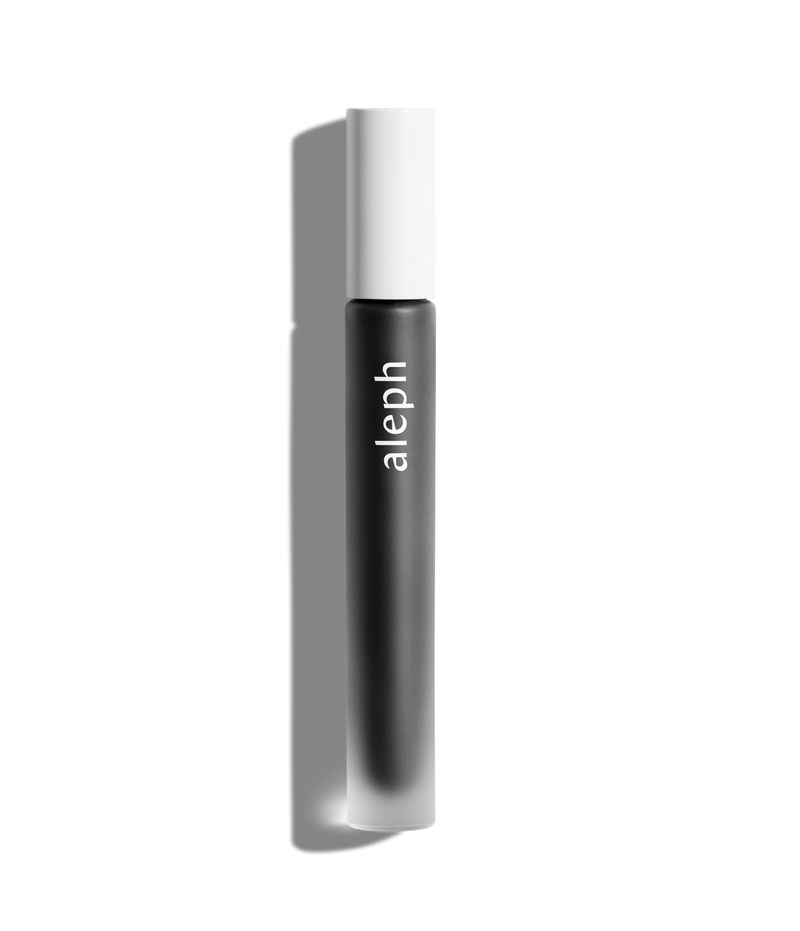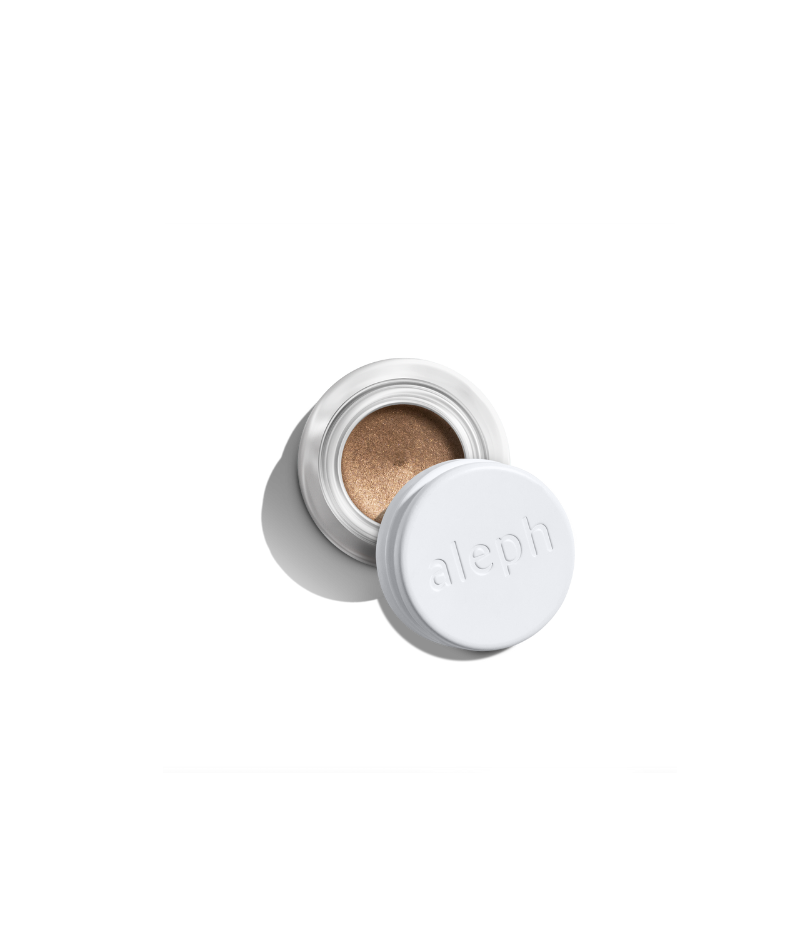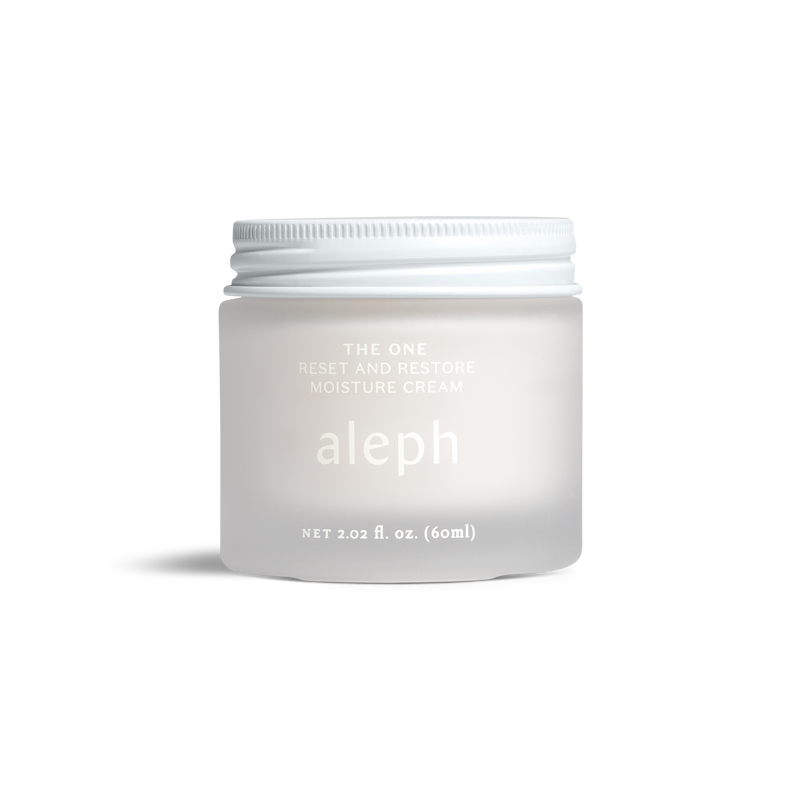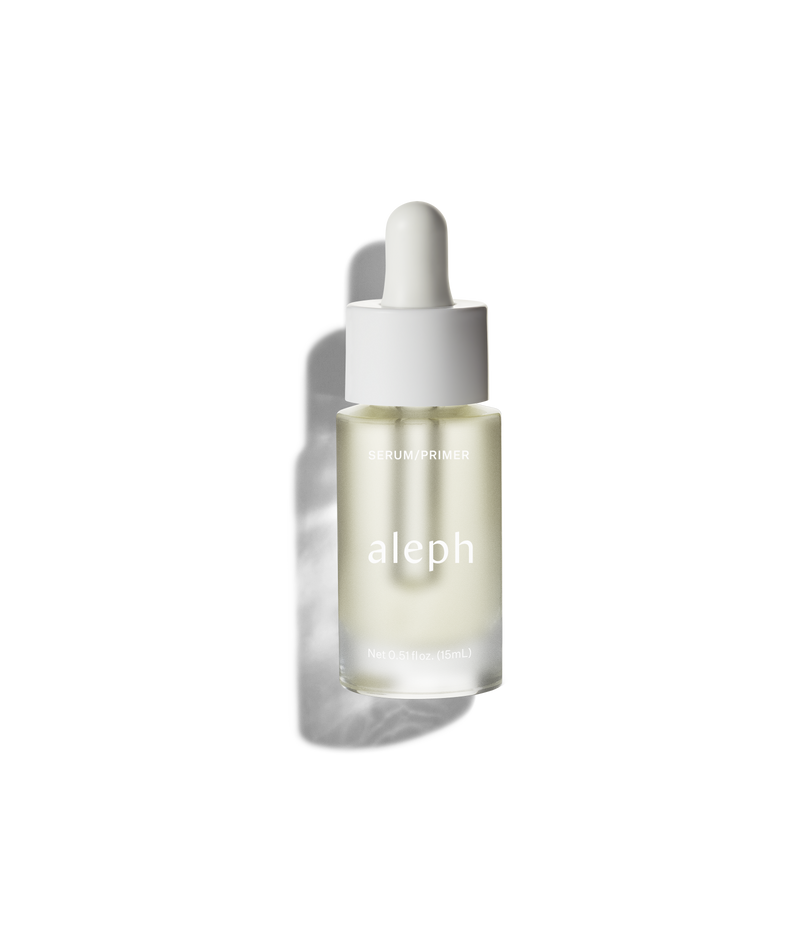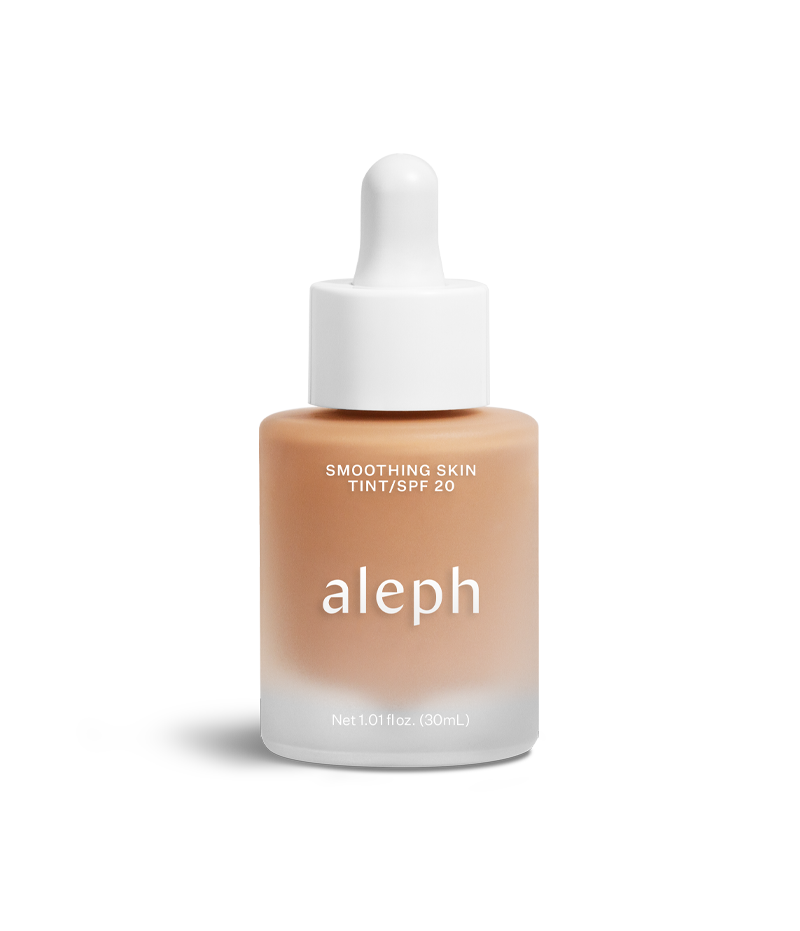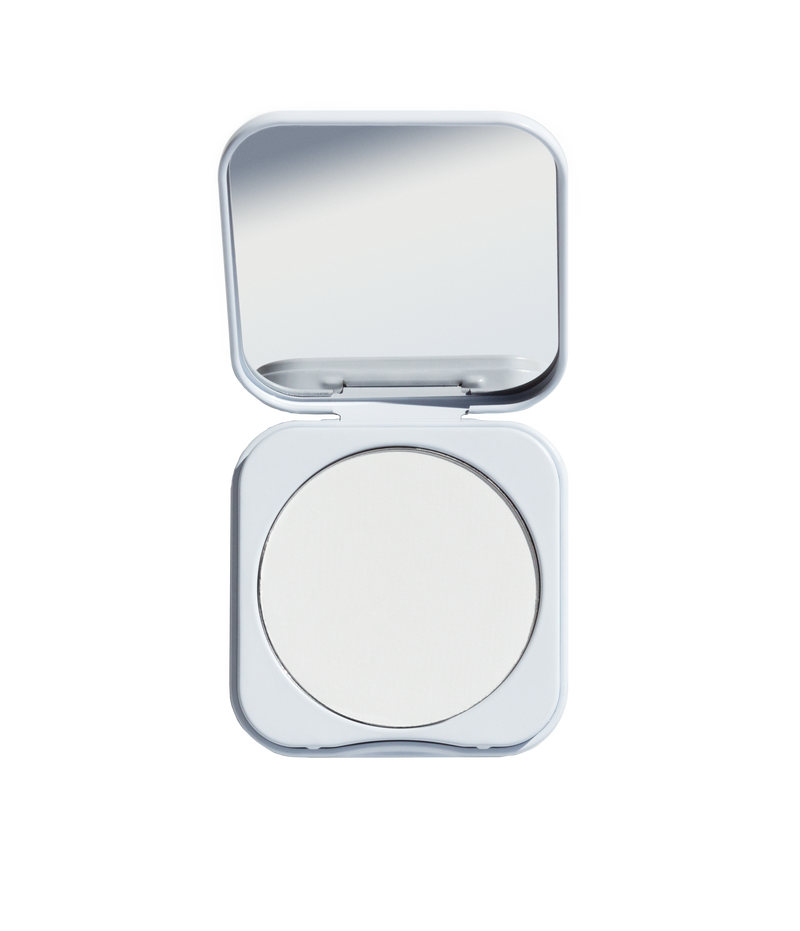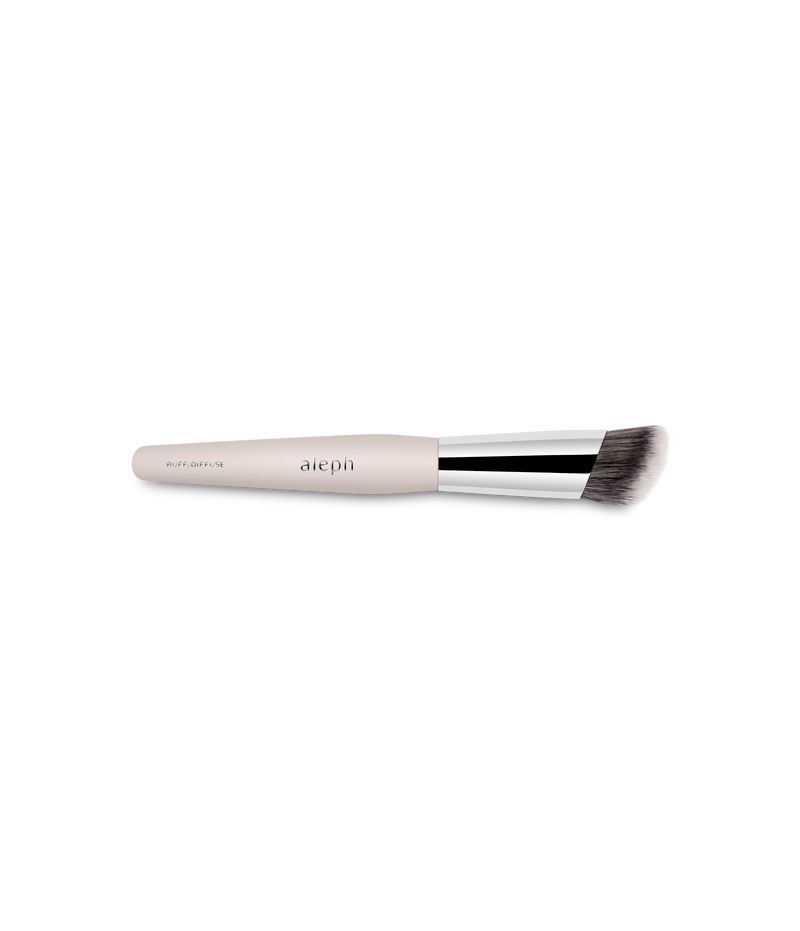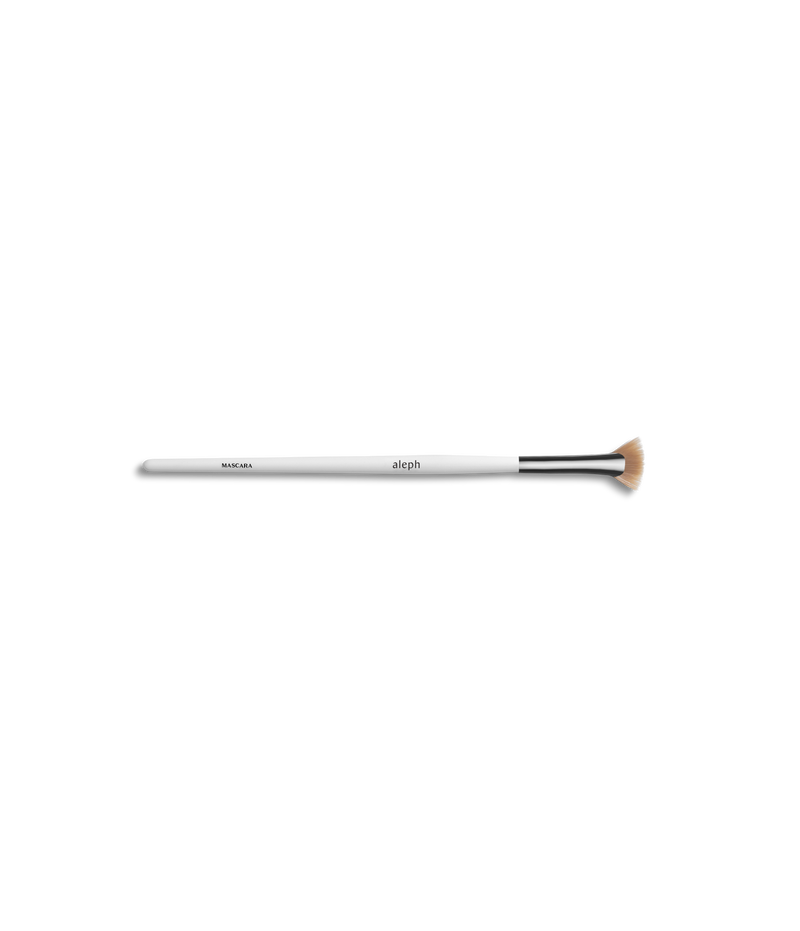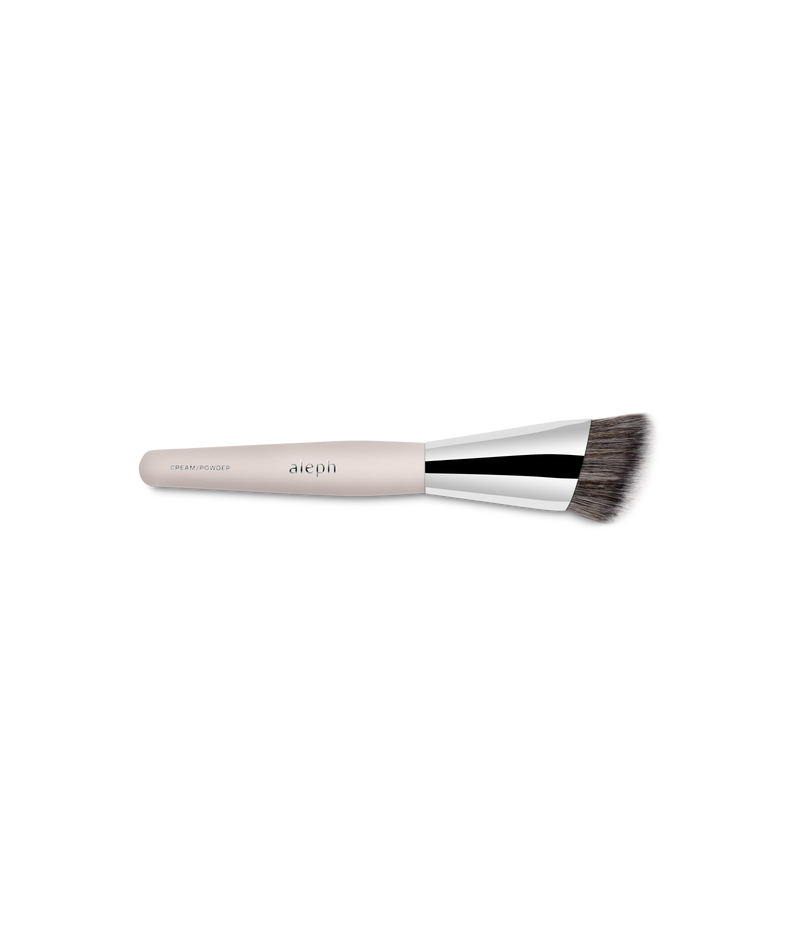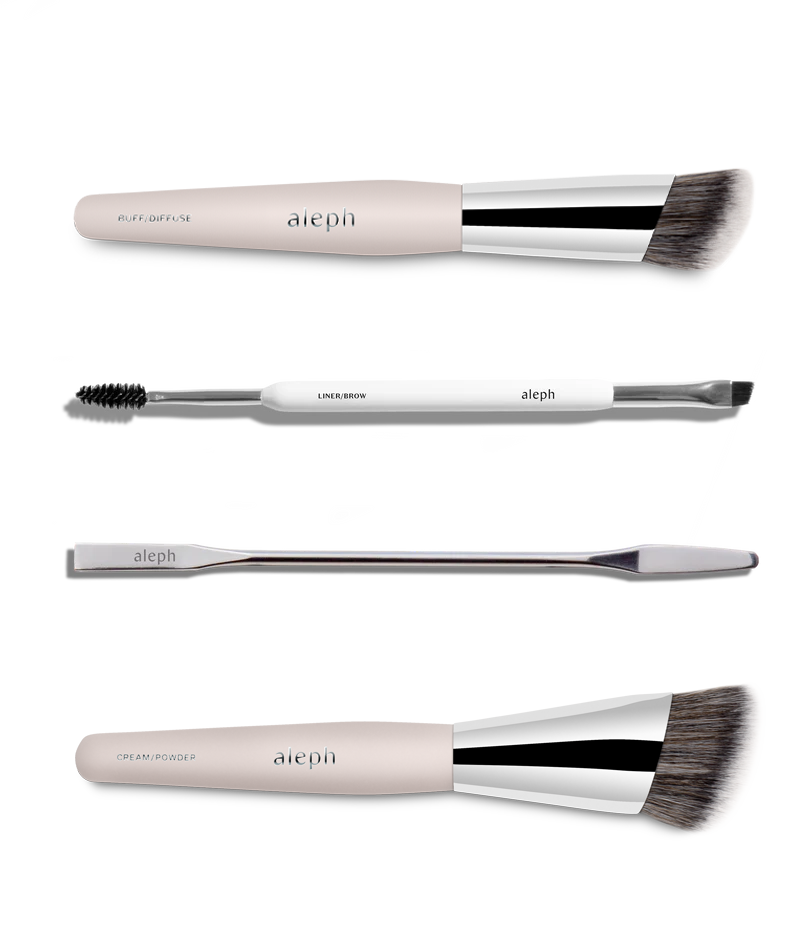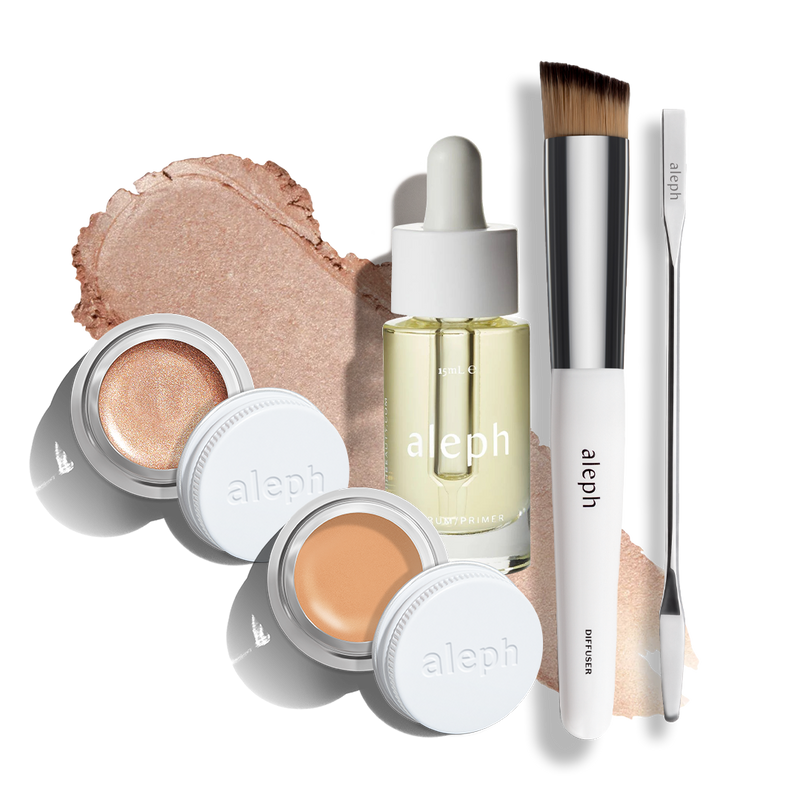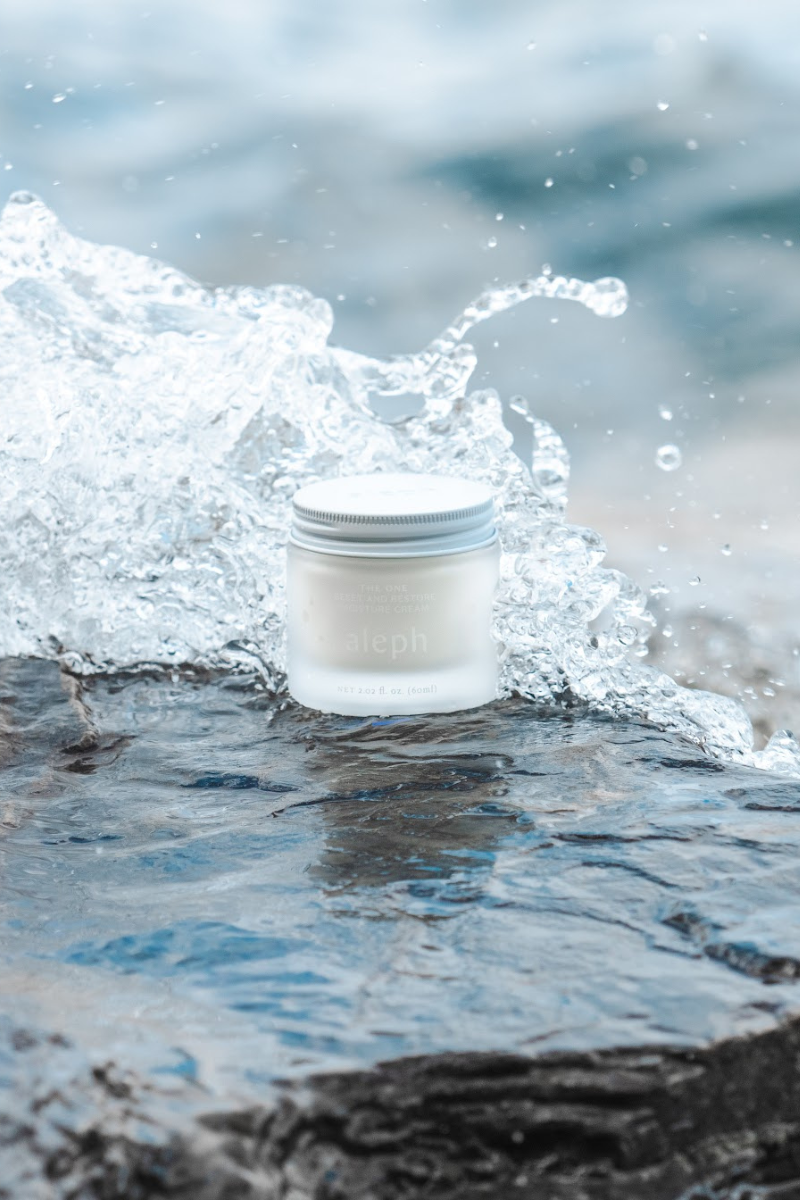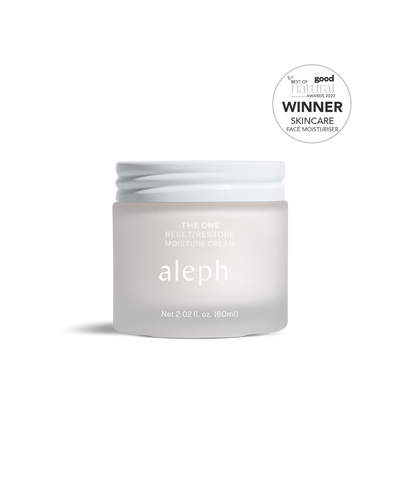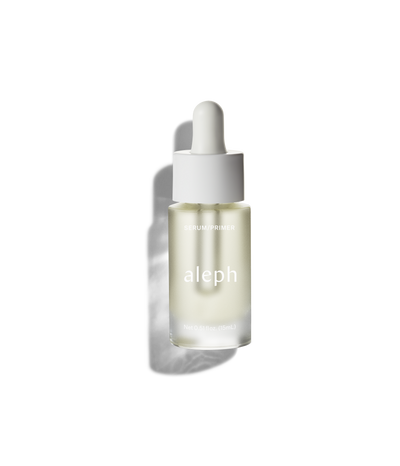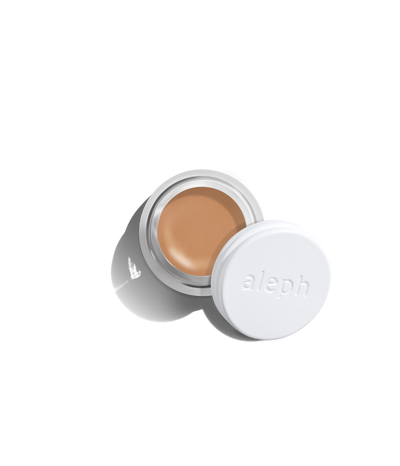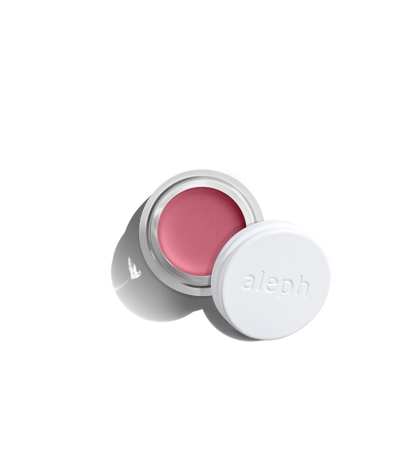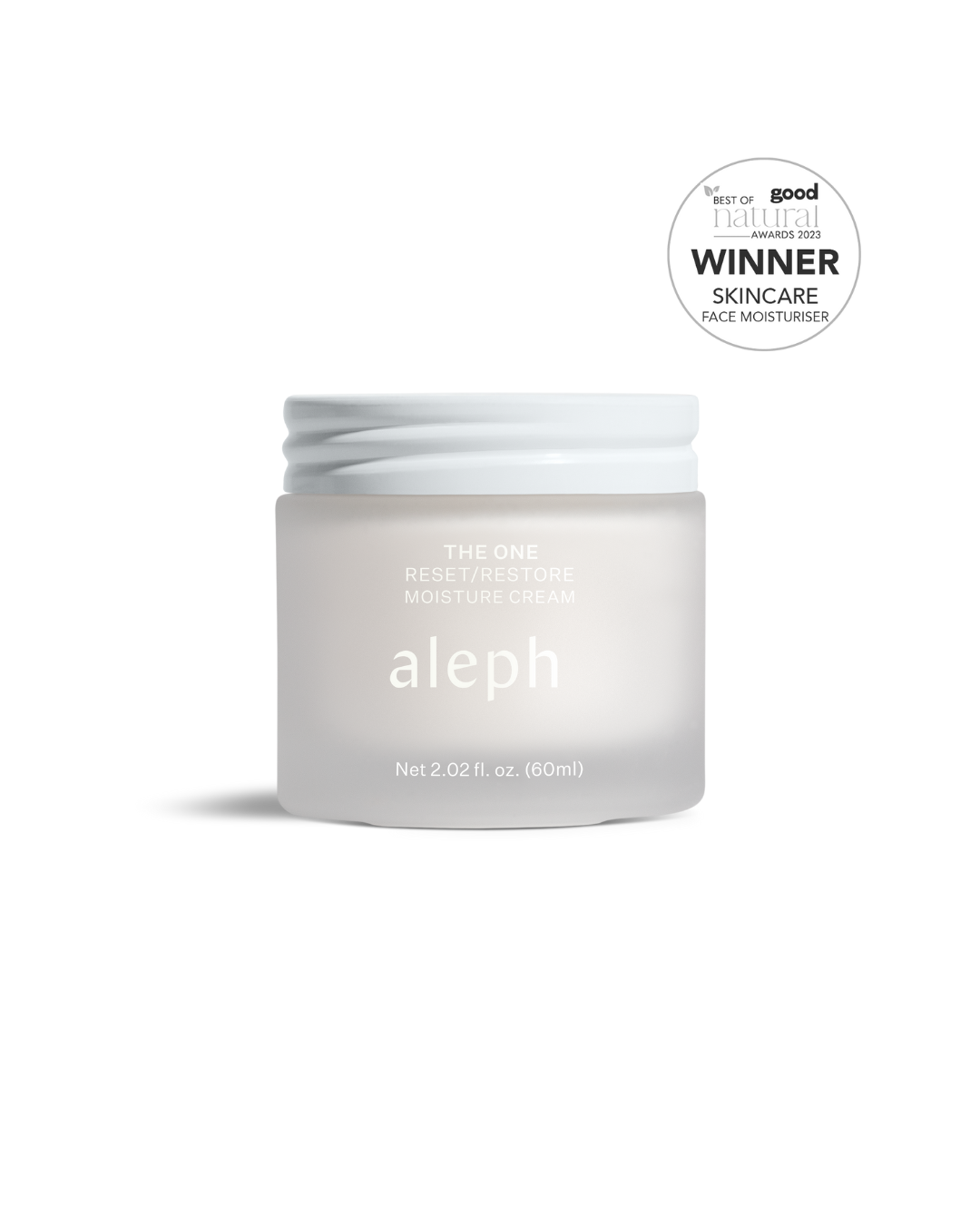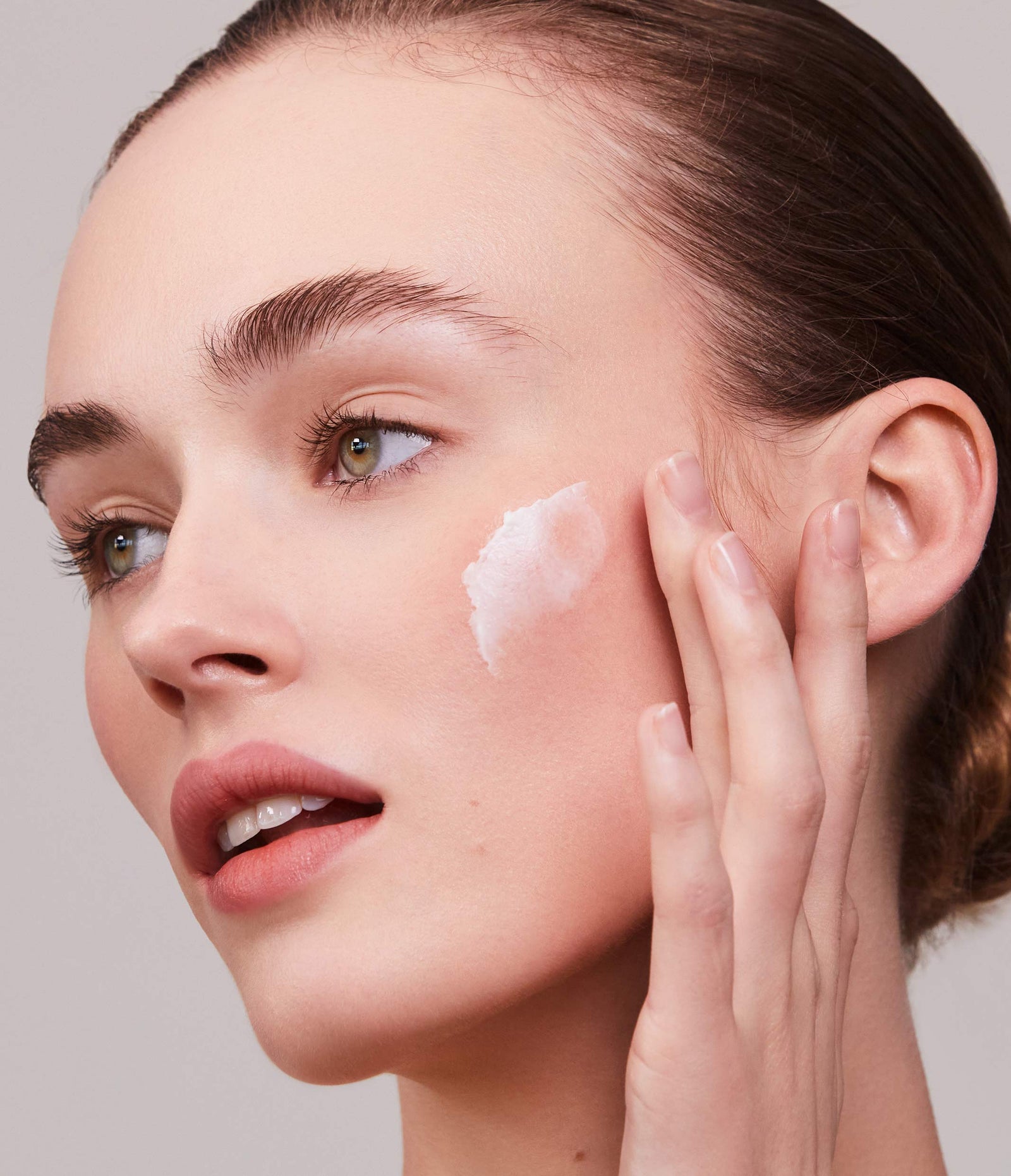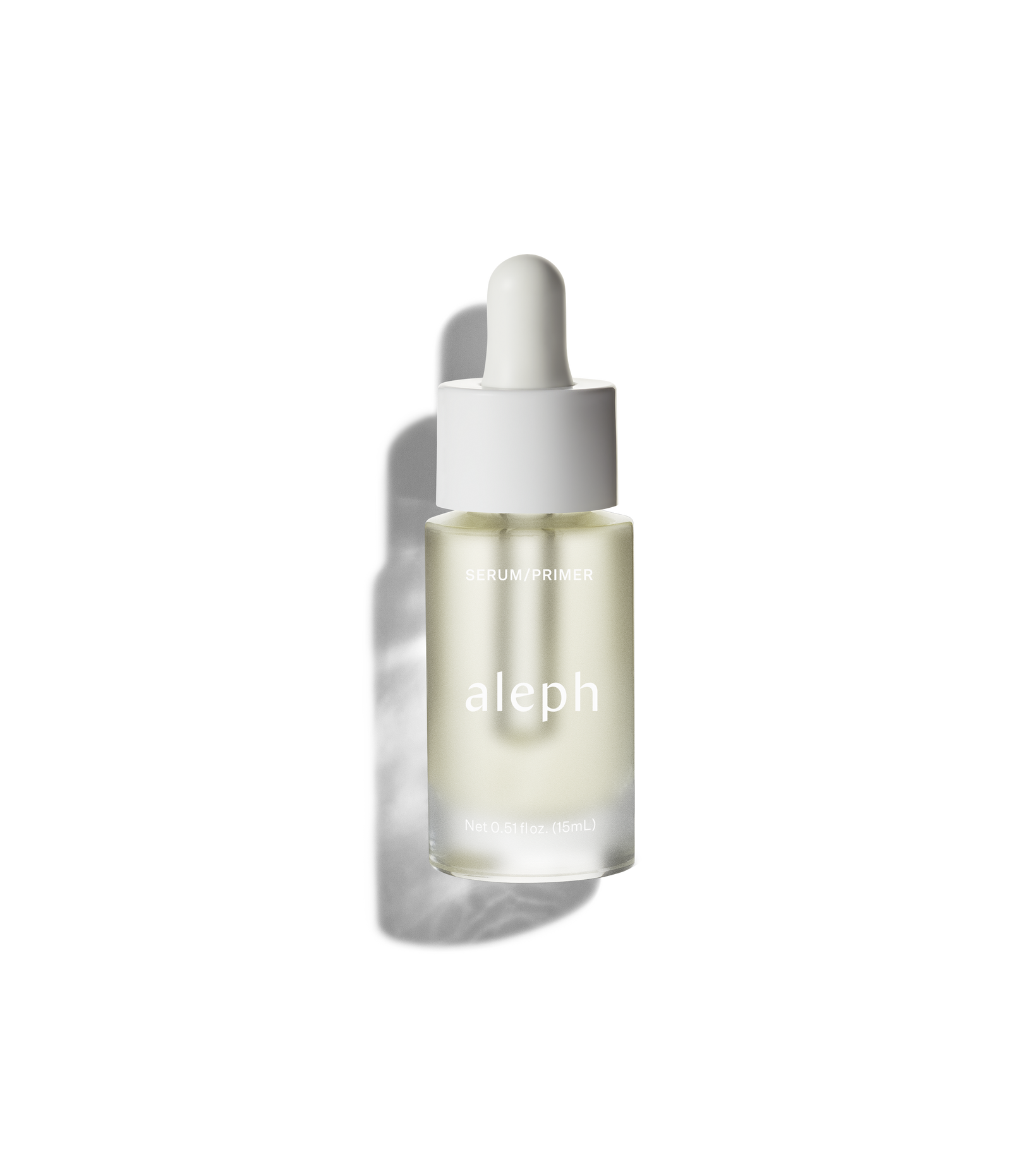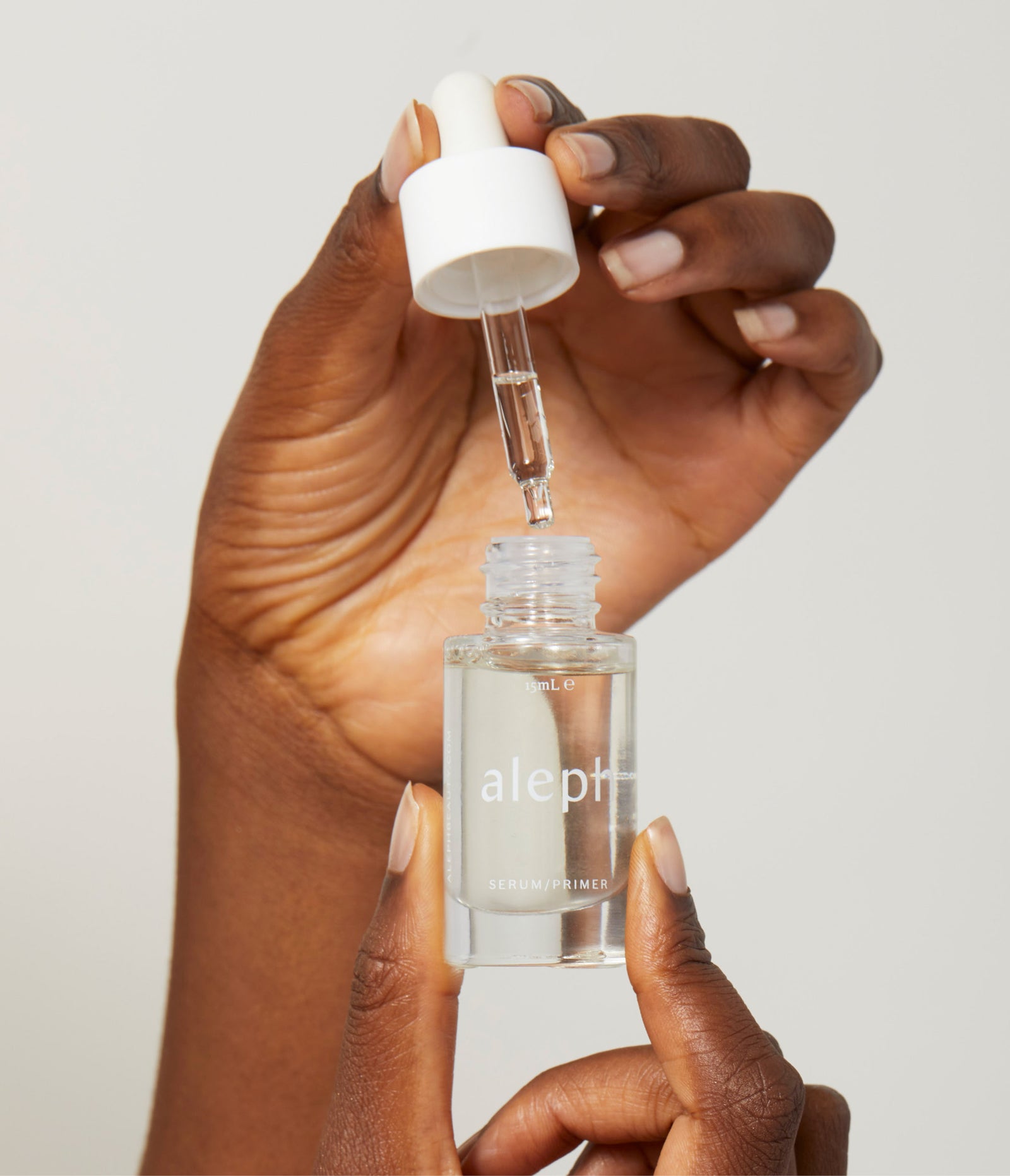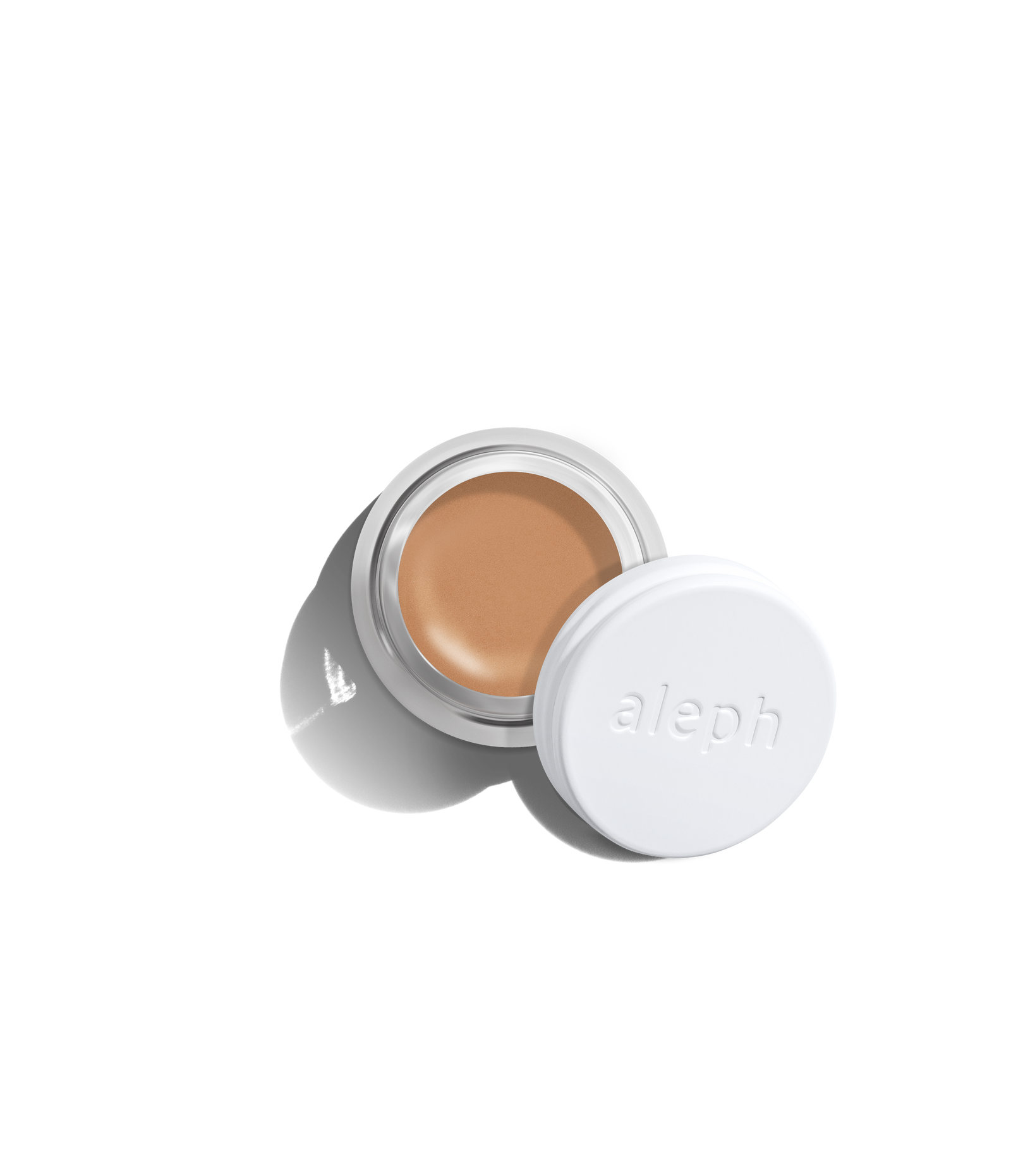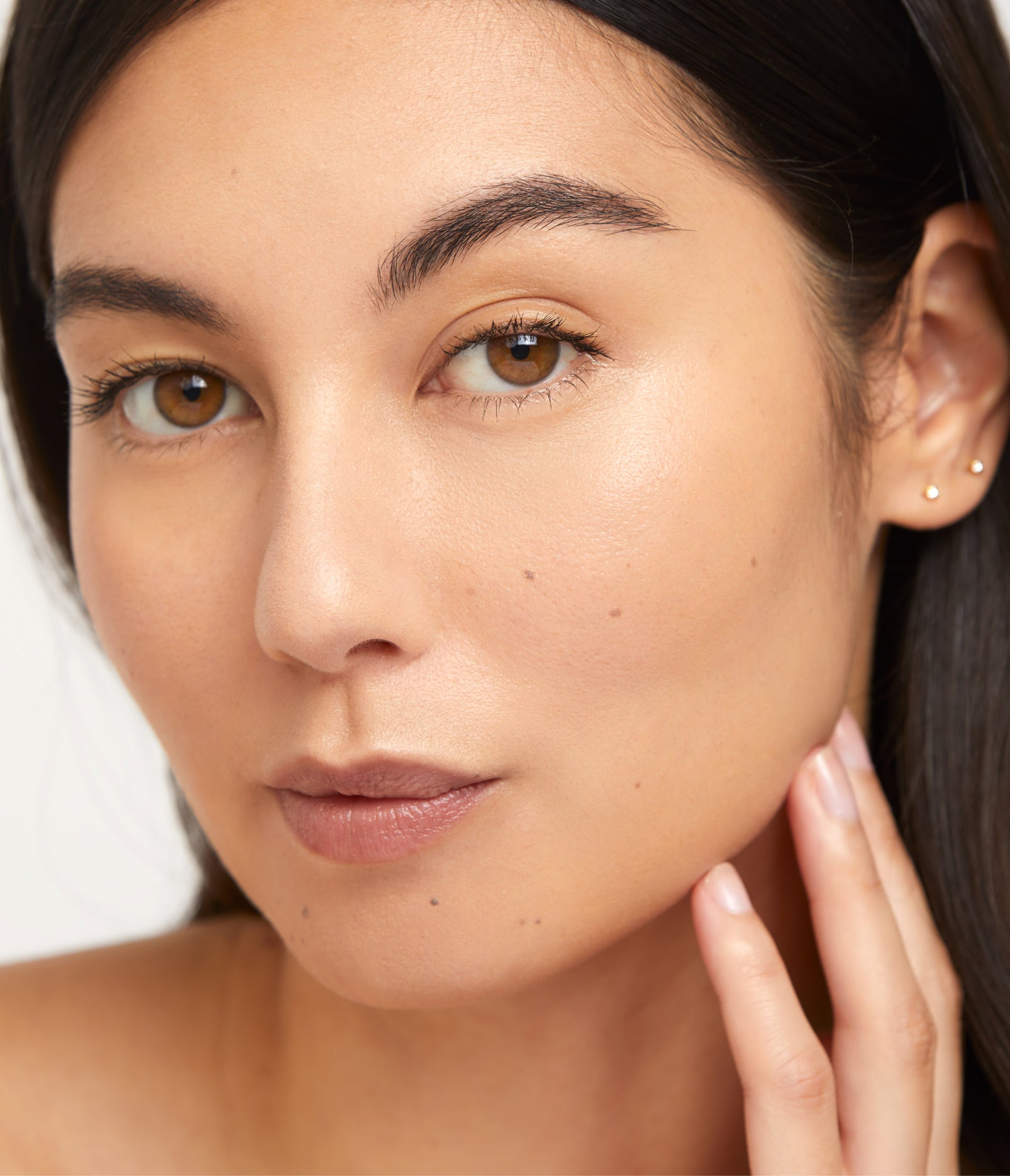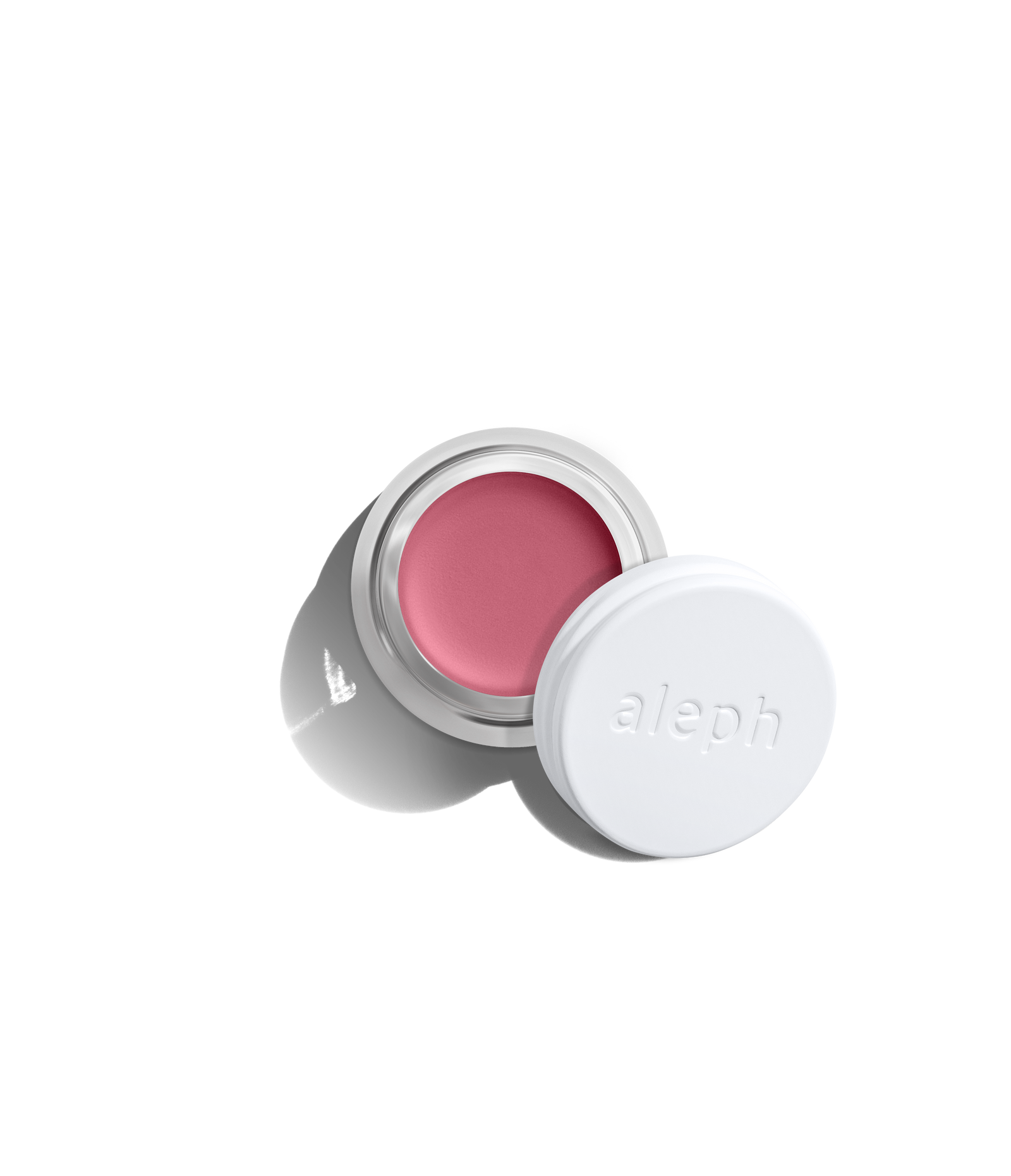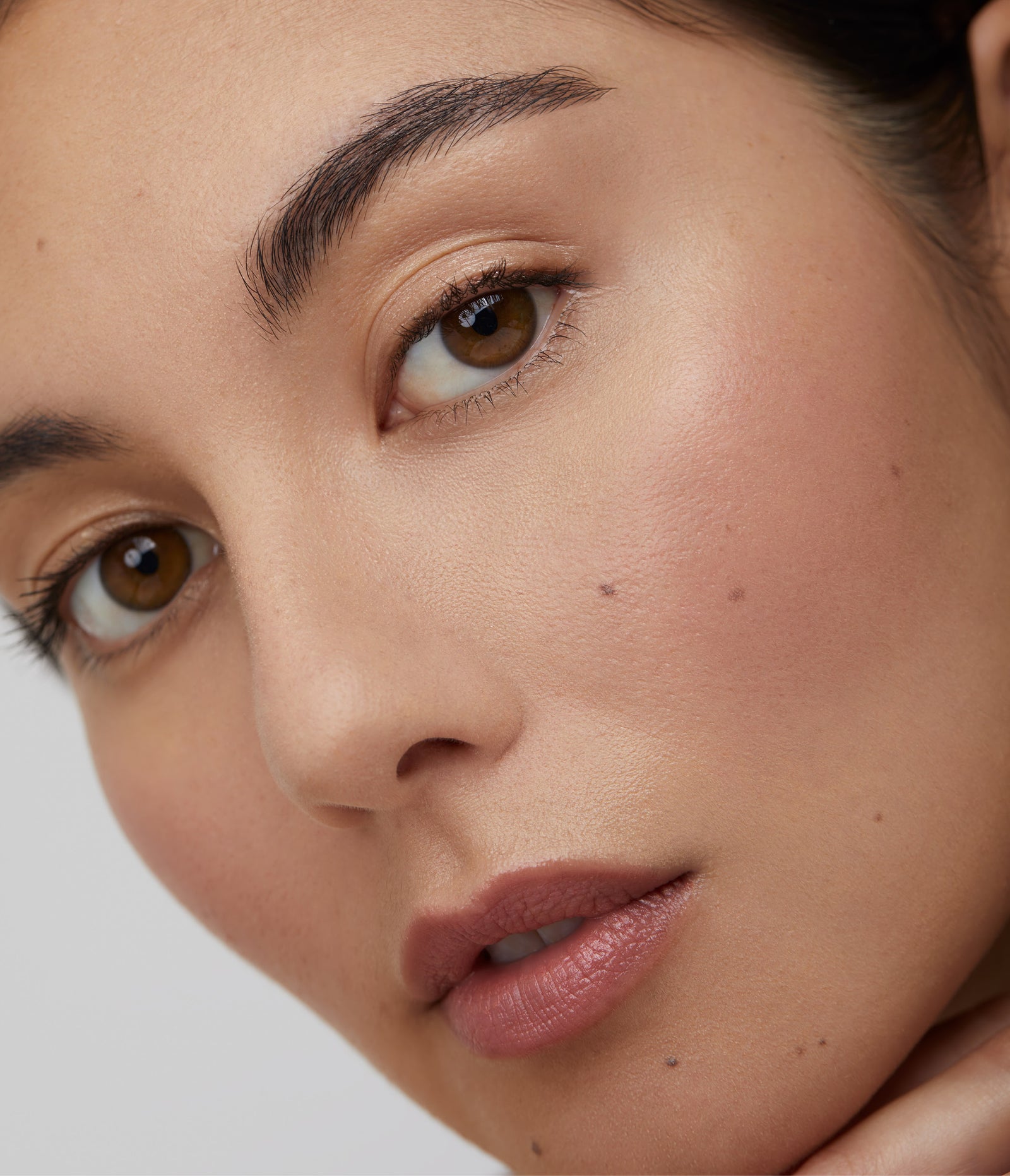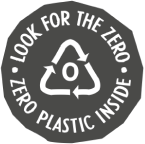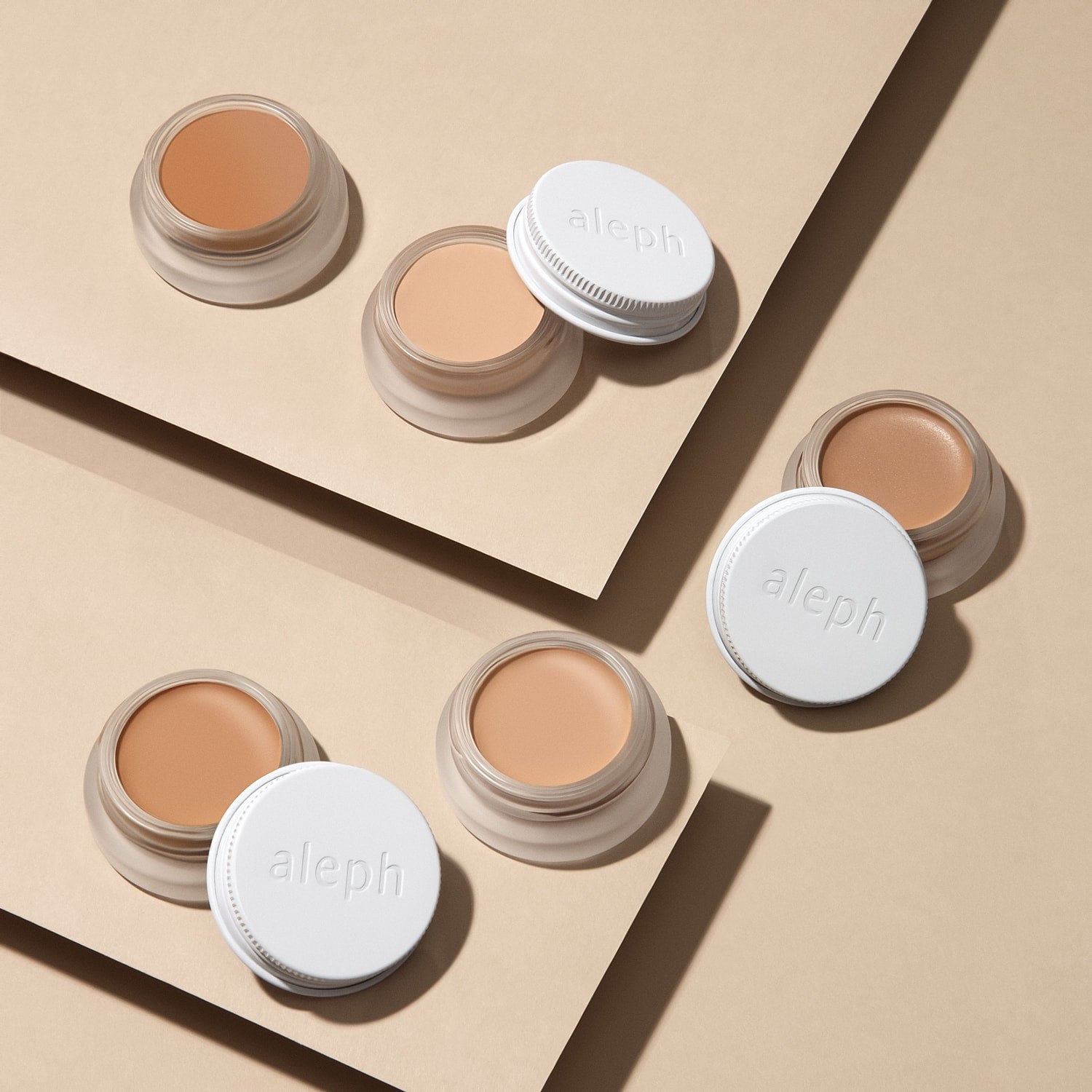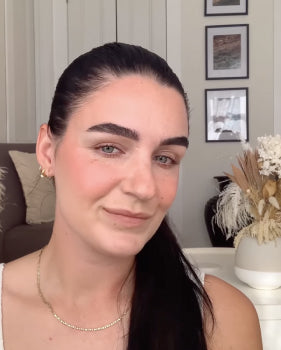How Skin Changes During Perimenopause and Menopause
You may find that the skin you’ve lived in up until now is doing things. Odd things. You may suddenly break out in spots, experience increases in itchiness and dryness, or find that it seems to be thinning overnight. It’s not all in your imagination - the hormonal shifts during these phases bring about significant changes in the skin. Estrogen and progesterone are key hormones in maintaining skin health. As they diminish, this can yield several noticeable effects:
Loss of Collagen and Elasticity: Estrogen deficiency can lead to a 30% reduction in collagen during the first five years of menopause. Progesterone also plays a supportive role in skin elasticity by helping to maintain the structural integrity of the skin. The decline of both can contribute to an overall decrease in the skin’s structural proteins that leads to a loss of firmness and elasticity.
Increased Dryness: Progesterone contributes to skin hydration by stimulating the production of sebum, the skin's natural oil. As progesterone levels decline, there is often a reduction in sebum production, leading to drier skin. Dry skin can exacerbate the appearance of fine lines and wrinkles.
Thinning Skin: The skin's protective barrier weakens, making it more susceptible to damage. As progesterone levels drop, the skin may become thinner, making it more susceptible to damage and increasing the visibility of blood vessels and dark spots. Thinner skin is also less able to retain moisture, further contributing to dryness.
Increased Sensitivity: Some women may experience increased skin sensitivity and a tendency towards irritation or inflammation. This is due to the changes in the skin barrier function and a reduction in the skin’s ability to repair itself.
Pigmentation Changes: Hormonal changes may also result in uneven skin tone and hyperpigmentation. Hormonal Acne: Progesterone helps balance the effects of androgens (male hormones) in the body, which can influence oil production and acne. When progesterone levels drop, there may be an imbalance that leads to an increase in androgen activity, contributing to hormonal acne, particularly around the jawline and chin.
How to Proactively Care for Perimenopausal and Menopausal Skin
As your skin undergoes these changes, it's essential to adjust your skincare routine to meet its evolving needs. Dermatologists typically recommend a comprehensive approach that includes lifestyle adaptations, as well as the use of targeted skincare products and hormone replacement therapy (HRT) if appropriate (consult your medical professional to find out if HRT is right for you):
Hydration is Key: Incorporate products with hyaluronic acid and other ingredients that specialize in boosting hydration such as Red Seaweed Extract, found in The One Reset and Restore Moisture Cream.
Edit out endocrine-disrupting ingredients: At a time when hormones are already fluctuating, there’s no need to exacerbate the natural process with skin products that contain endocrine-influencing ingredients.
Boost Collagen: Plant-based products containing peptides, bakuchiol, and phytoestrogens like pomegranate can help stimulate collagen production and maintain skin elasticity.
Gentle Exfoliation: Regular but •gentle• exfoliation helps remove dead skin cells, promoting cell turnover without irritating thinning skin. Simply using a soft washcloth, warm water (never hot!), and a light touch can be quite enough for delicate skin. For more resilient skin that needs a bit more, banish anything with the word “scrub” in the name and favor enzyme cleansers.
Sun Protection: Protecting your skin from UV damage is crucial. Use a broad-spectrum physical sunscreen.
Less is more: A complicated, 10-step skincare routine may aggravate skin issues. If your skin is acting up then try paring down to just the essentials: a gentle cleanser, targeted serum, moisturizer, and SPF. You can evaluate how it’s doing after a week of a simpler routine and then slowly reincorporate anything you’re missing.
Positive Lifestyle Changes to Ease Peri/Menopause
Beyond skincare and makeup, embracing certain lifestyle changes can help ease the transition through perimenopause and menopause:
Maintain a Healthy Diet: A diet rich in antioxidants (like those in green tea and vitamin C), omega-3 fatty acids (commonly found in fatty fish like salmon), and phytoestrogens (found in foods like flaxseed, licorice, and pomegranate) can support skin health and overall well-being.
Stay Active: Regular exercise boosts circulation, supports collagen production, and helps maintain muscle, all of which are beneficial for your skin and overall health. The best exercise is the one you enjoy and can do consistently.
Prioritize Sleep: Quality sleep is essential for skin repair and hormonal balance. Incorporate a nighttime routine that promotes relaxation and better sleep. Keep your bedroom cool (ideally between 15-19°C (60-67°F), establish a consistent sleep/wake schedule, limit caffeine intake after 12noon, reduce alcohol intake, and try to avoid blue light from screens for an hour before bed.
Manage Stress: High stress levels can exacerbate skin issues and hormonal imbalances. Practices such as yoga, meditation, and deep breathing exercises can help reduce stress and its impact on your skin.
Menopause is a natural phase of life, and while it brings changes, it also offers an opportunity to renew your approach to self-care. What “they” don’t often tell you is that it can be one of the most creative and fulfilling times of life. By making some adaptations to your skincare routine, updating your makeup techniques, and embracing healthy lifestyle habits, you can maintain your vitality and enjoy this new chapter with confidence.

 BACK
BACK